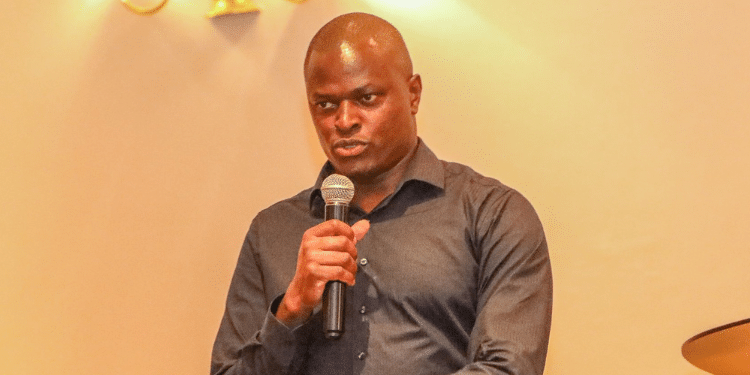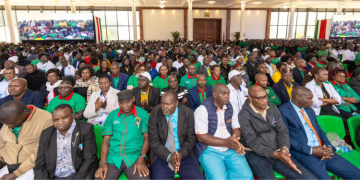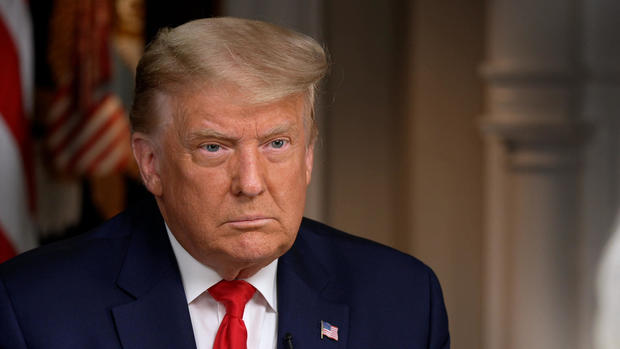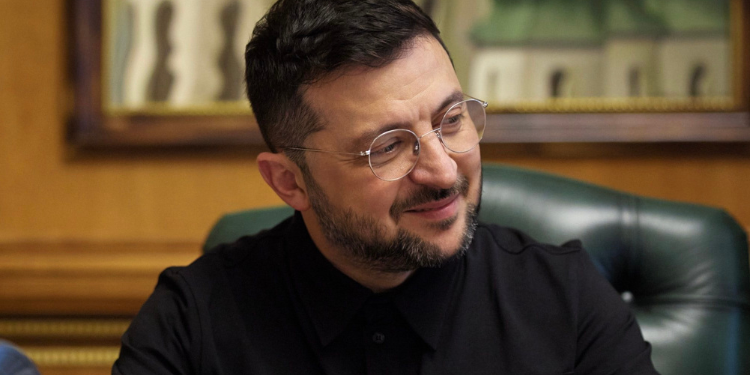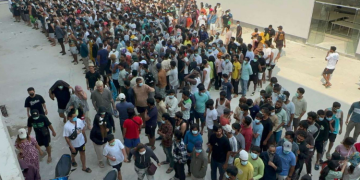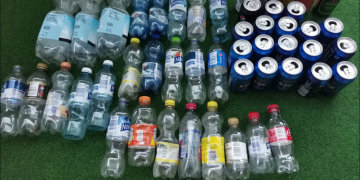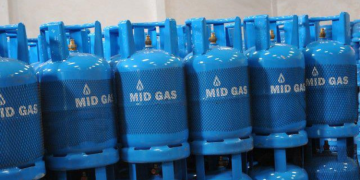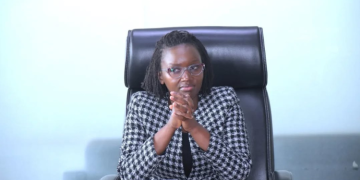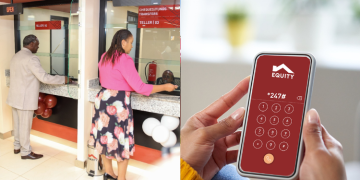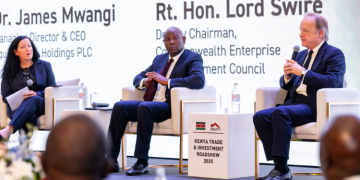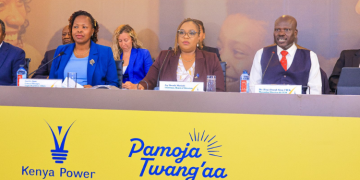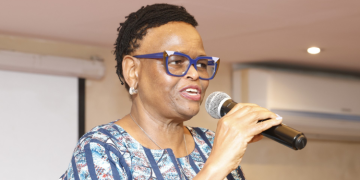The Ministry of Roads and Transport has responded following reports that the government used the fuel levy to secure a Ksh175 billion loan.
Transport Cabinet Secretary Davis Chirchir, in a statement on Wednesday, July 16, said that the initiative is aimed at raising funds for the settlement of verified pending bills in the roads sector, totalling Ksh175 billion.
According to CS Chirchir, this financial solution has been implemented through the Kenya Roads Board (KRB), a statutory body established under the Kenya Roads Board Act, Cap. 408A of the Laws of Kenya (the Act).
“When the Kenya Kwanza administration assumed office, it inherited a substantial backlog of pending bills in the roads sector, amounting to Ksh175 billion. These bills arose from commitments made by the previous administration, yet remained unpaid, leading to the suspension of over 580 road projects across the country,” read part of the statement.
“The funding gap placed immense pressure on the government’s development agenda, negatively impacting contractors, workers, and communities awaiting the completion of critical road infrastructure.”
CS Chirchir said that the government considered several financing options to address these obligations, among which, securitization emerged as the most viable and legally sound mechanism to unlock funds in a manner that does not burden the exchequer with additional debt
Securitization to unlock Ksh178 billion
The CS emphasized that the decision was made transparently, with full adherence to the law, and in line with best financial practices.
Also Read: How KRB is Using Securitization to Solve Infrastructure Funding Gap
He further maintained that the securitization is not the creation of new debt but the sale of the rights by KRB to a Special Purpose Vehicle (SPV) to receive a portion of the future Road Maintenance Levy, specifically Ksh7 from the current Ksh25 per litre levy.
“The SPV, operating as an independent entity, raises funds upfront based on these rights and uses those funds to clear the verified pending bills. Crucially, this process is without recourse to the KRB, meaning that the Board bears no obligation or liability beyond the sale of these specific rights,” added CS Chirchir.
“This financing approach ensures that contractors are paid promptly, stalled road projects are revived, and communities benefit from improved infrastructure, all without adding to Kenya’s public debt burden. It also guarantees that the Road Maintenance Levy will continue to fund road maintenance and development as planned, while a clearly defined portion is channeled towards addressing historical liabilities.”
The government has maintained that securitization was executed with utmost transparency, legality, and accountability, adding that all statutory requirements were fulfilled, and the process underwent due diligence, approvals, and oversight by the National Treasury and the Attorney General’s office to ensure compliance with Kenya’s financial laws.
“We wish to reassure the public that there is no secrecy in this process. The Kenya Roads Board has, and will continue to, engage openly with stakeholders, Parliament, the media, and the public to explain the structure, benefits, and safeguards of this innovative financing solution,” the CS added.
Ndindi Nyoro speaks on fuel levy
The clarification comes after Kiharu Member of Parliament while criticising the government on the causes of the surge in fuel prices on Tuesday, claimed that the government quietly added a Ksh7‑per‑litre levy in 2023, despite falling global prices, thereby preventing relief at the pump.
Also Read: EPRA Hikes Fuel Prices for July 15 – August 14
Nyoro dismissed the official account that international oil prices are to blame for the rise as misleading, pointing out that “global oil prices peaked last year, not this year,” a claim supported by market data.
The lawmaker further argued that domestic factors, specifically “excessive taxation and the securitisation of fuel levies”, were the real causes behind the spike in pump prices.
“In an oil-importing country like Kenya, the only effective tool the government has to stabilise fuel prices is adjusting taxes. Sadly, this is where the government is failing,” he said.
Nyoro highlighted that Kenyans pay over Ksh80 per litre of petrol and Ksh76 for other fuels in direct taxes and levies.
Follow our WhatsApp Channel and X Account for real-time news updates.
